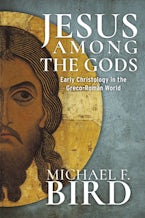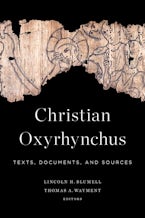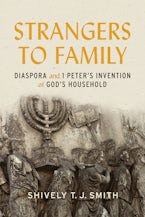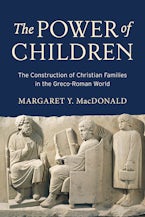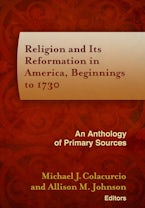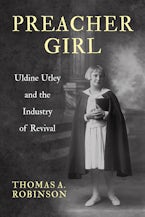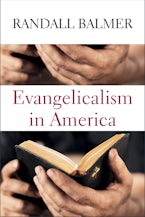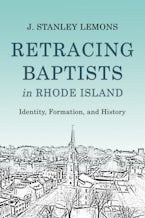The second century of the Common Era was a time of significant transition, innovation, and upheaval for the Greco-Roman world. In the midst of great societal changes the relatively new religious movement of Christianity began to find its footing as a coherent body—though undeniably marked by incredible diversity of thought, expression, and practice—as it moved beyond its Judaic roots and took on a more Hellenistic tenor, albeit unevenly. This formative era for the church has unfortunately received little attention from a comprehensive scholarly perspective; research is sporadic, fragmented, and often focused on the major texts of the early apologists, hardly representative of the full swath of the various forms of Christianity around the Mediterranean.
Second-Century Christianity aims to fill that gap and provide a wide-ranging guide to the key features of the early church in the context of the Roman Empire at its height. Leading international scholars bring to light material evidence, neglected sources, apologists and theologians, heretical groups, apocryphal writings, persecution and martyrdom traditions, formation of the biblical canon, and ecclesiastical growth. Taken together, these essays present a rich and dynamic portrait of Christianity in this pivotal time period, one that takes seriously the variegated contours of the developing faith. Second-Century Christianity will prove an authoritative resource for researchers as well as teachers of Christian history and historical theology.


